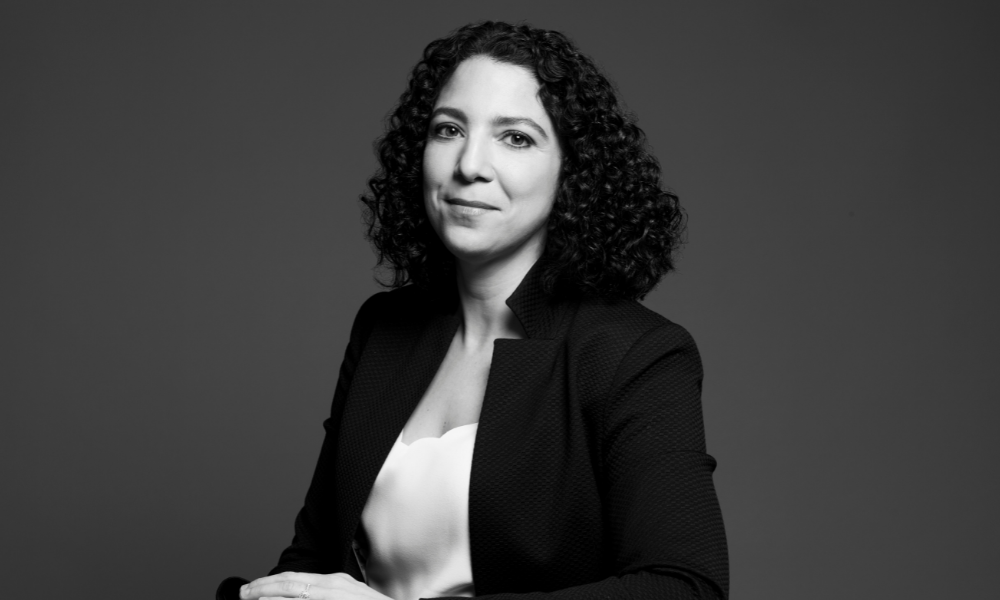
Expansion to at least eight years experience aims to address barriers to becoming partner

Lenczner Slaght is expanding its ReferToHer program to include female lawyers with at least eight years of experience or admitted to the bar before or in 2013 to increase referrals of Canadian women in the legal profession.
“We believe this will make the lists more inclusive, particularly for senior associates who are facing barriers to becoming a partner or counsel and whose practice and promotion opportunities could benefit from receiving referrals,” said Sana Halwani and Shara Roy partners at Lenczner Slaght and Co-founders of ReferToHer.
As Law Times previously reported, Lenczner Slaght launched the ReferToHer program in June 2019 to help female lawyers stay relevant for referrals as their male counterparts. The ReferToHer initiative promotes work referrals to experienced female lawyers listed according to their practice areas, including class actions, commercial litigation, employment litigation, insolvency litigation, insurance litigation, IP litigation, professional liability, public law, securities, and trust and estates litigation.
Halwani says that when ReferToHer first launched, referral lists were limited to only female partners, counsels or sole practitioners because it guaranteed a level of seniority or experience. However, the program received valuable comments about how partner requirements for the referral lists might impact diversity.
The ReferToHer program has expanded its litigation lists and partnered with McCarthy Tétrault LLP to expand its corporate referral lists. The program has also expanded its referral lists to include arbitrators, mediators and other professionals providing legal assistance. With this expansion, Halwani says more women, mainly from racialized or other equity-seeking groups are eligible to be on these lists.
She says that given the legal profession’s history, younger lawyers are more diverse. The expansion of ReferToHer to include lawyers who are not partners but have at least eight years of practice aims for greater inclusivity.
Although the timing of the expansion to be within a pandemic was unforeseen, Halwani hopes the growth alleviates some of the additional barriers women in the profession face. For example, she says the pandemic created even more difficulty and lost opportunities for women trying to prove themselves on the verge of their careers.
“I expect that for the folks who were just on the cusp during the pandemic, it probably would have been tougher to make it into a partnership or to make it into a counsel role.”
ReferToHer intends to assist junior colleagues who deserve to make it to the next level of their career and be inclusive of members of the LGBTQ, racialized communities and other equity deserving groups, Halwani says.
“From a global list perspective, we’d like to have more diversity on our lists and from an individual perspective, we hope that we are contributing to the success of deserving women colleagues in the bar.”